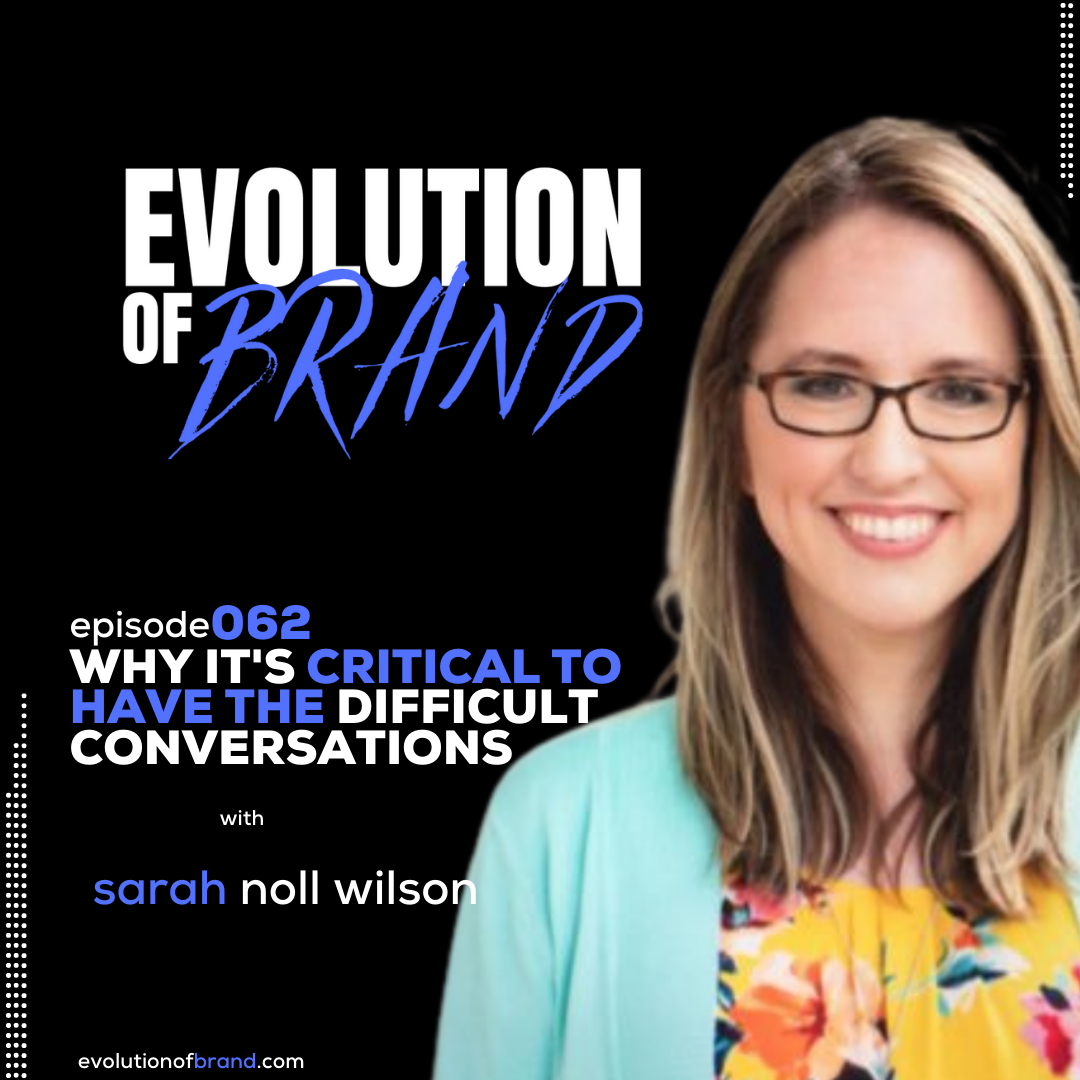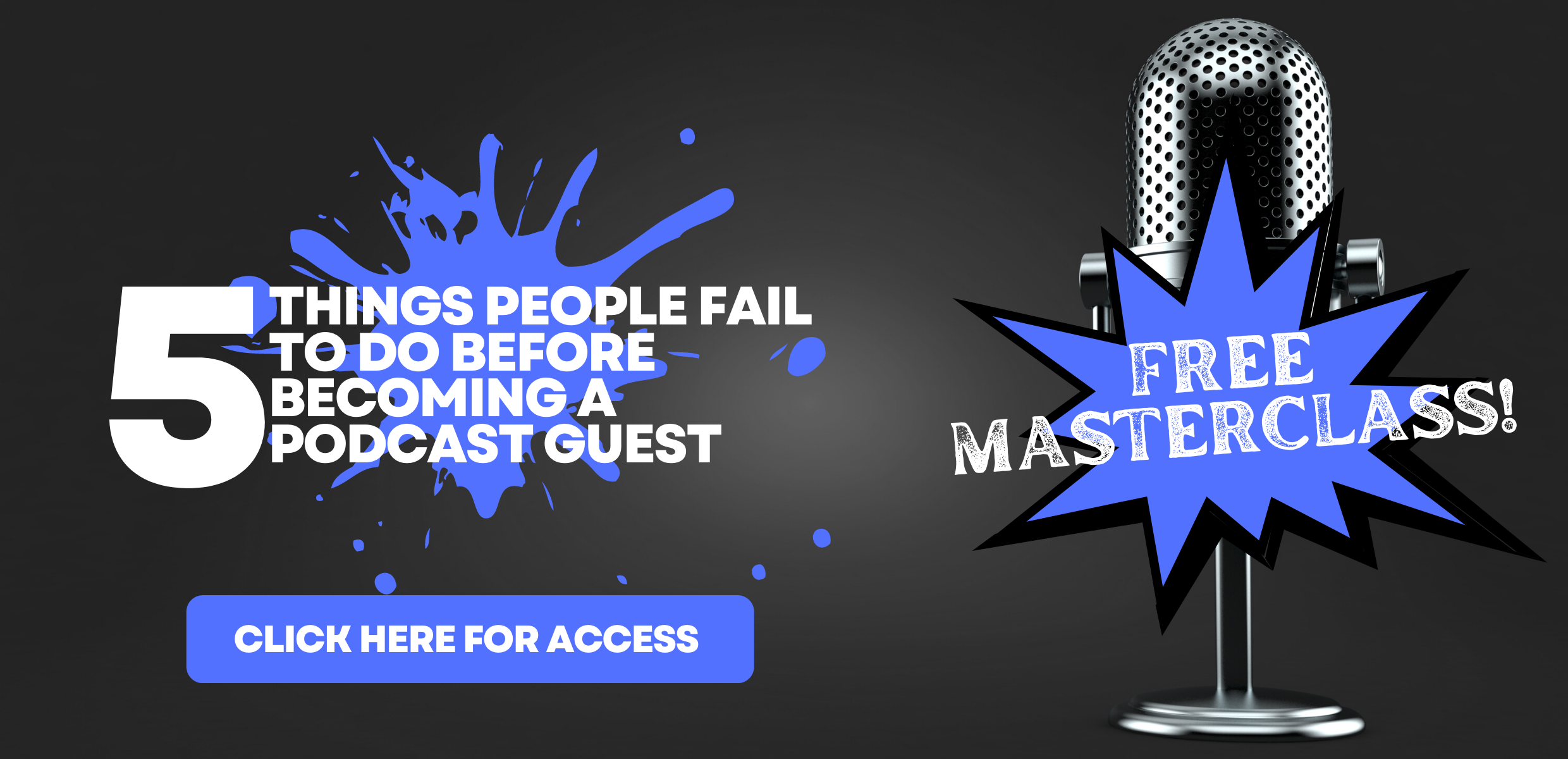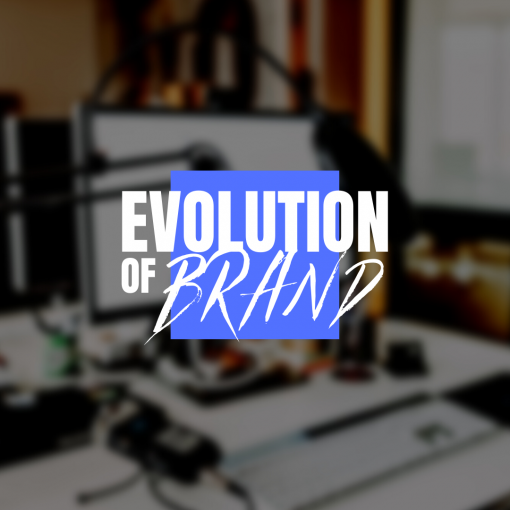

Find Evolution of Brand On Your Favorite Podcast Platform
Spotify | Apple Podcasts | iHeartRadio | Amazon Music | Stitcher | Podchaser | Google
Episode 062 Sponsor
Episode 062 of Evolution of Brand is sponsored by Bonjoro! Discover how you can connect with leads, customers, and colleagues in a unique, dynamic, impactful way with personalized videos. Click here to learn more
The Goods From Sarah Noll Wilson
- Connect with Sarah on her website | sarahnollwilson.com
- Find Sarah on Twitter and LinkedIn
- Pick up a copy of Don’t Feed The Elephants!
- Subscribe and Follow Sarah’s podcast | Conversations On Conversations
Top 3 Takeaways From This Value-Packed Conversation
- Avoiding the difficult and uncomfortable conversations will not make anything better. In fact, communication and progress is certain to go backwards the longer you let “the elephants” linger in the room
- Often times, we overestimate how someone will react to a difficult conversation or scenario. In reality, we have the durability to handle some pretty heavy shit in our lives!
- Accept that elephants exist in your world and addressing things now will lead to much better results in your growth and evolution
Show Notes
 1:52 – A time in Sarah’s life when she listened to herself instead of what others told her was right and it led to a major accomplishment
1:52 – A time in Sarah’s life when she listened to herself instead of what others told her was right and it led to a major accomplishment
4:57 – Some background on who Sarah is, what she does, and how her and her brand have evolved over time
10:21 – What can readers expect to learn when they read Don’t Feed the Elephants! and what inspired Sarah to bring meaning and purpose to all of the “elephants” we encounter in our professional world?
– Why do we avoid the difficult conversations to begin with?
– What can we do to get an understanding of the avoidance so we can proceed with actually having the conversations?
– This book will help you be more courageous with looking at the conversations you’re avoiding (or “the elephants that you’re feeding”) and strategies for how to overcome them using curiosity
12:13 – A story from my professional past that saw an employee quit because messaging and communication went “secret”
– Per Sarah, these types of scenarios are far too common in the professional space
– We overestimate how someone may react to what may be a difficult conversation or scenario
– Although uncomfortable, we are able to sit with hard shit!
– Two statements that instantly trigger the defense mechanisms in our mind:
– “Let me give you some feedback”
– “Come see me when you have a chance”
– Do not send nebulous emails to team members because the power dynamic immediately comes into play – our brains defer to the negative versus the positive
16:37 – Our brains are wired for survival!
– It will be much more alert to threats than it is pleasure and connection
– So many of the behaviors we’ve developed started when we were children
– Something that happened in 4th grade could potentially still be impacting you as a 40 year old 😳
– As humans, we are beautifully complex!
– “For me, I understand the need to want to simplify. But sometimes we just can’t. But we can get really curious.” —- Sarah
17:34 – Was there any point when Sarah was writing Don’t Feed The Elephants! that she wanted to just press delete and start over?
19:57 – Reading a book is one thing. But how you apply what you read is what’s really important! And with Sarah’s book, the issue of avoidance of hard conversations is not changing and, in a lot of cases, gotten worse because of COVID, thus making the information within Don’t Feed The Elephants! incredibly prevalent and impactful
– Relationships have eroded for a number of reasons over the past couple of years
– Our brains weren’t designed to handle prolonged stress like we’ve been forced to since COVID entered our lives
– We often times confuse knowing something with doing something
23:36 – A Danielle Steele reference. My mom will love this episode…
23:53 – How has Sarah been able to apply addressing “the elephants” with the growth and development of her own brand and team?
– How do you get from “How do WE do this work?” to “How do WE help others do this work?”
– This impacts everything with branding, messaging, and content
– Major strides towards making this information more widespread and developing programs for companies to certify their employees and educate them that elephants in the room exist and they need to be addressed
27:15 – How can you ensure proper attention is dedicated to relationship-building and always at the top of your priority list?
30:38 – The biggest problem we have is conversations that take place on social media…
– Common ground is practically non-existent. You get further entrenched in your belief and you argue with people doing the same…and no one can find the middle
– Then, add physical isolation and the best means of communication becomes this echo chamber
– There can be moments of change in this area…but we have to be open to it!
– You have to at least be able to listen to someone else’s perspective, even if it doesn’t align with yours, to see if there’s something within their beliefs that can co-mingle with yours. That’s how things used to work!
– When a relationship is strained, the best way back is to find commonalities between both parties
– “To understand doesn’t mean I have to agree.” — Sarah
– Let’s not let tragedy be what brings us back together! Let’s take steps now to get beyond divisiveness and find some semblance of common ground. Read that again
35:47 – What will you learn when you listen to Sarah’s podcast Conversations On Conversations?
– Sarah talks with people about different topics and how said topics can be thought about differently
– Conversations On Conversations provides a space for listeners to think about subjects and topics from a new perspective




